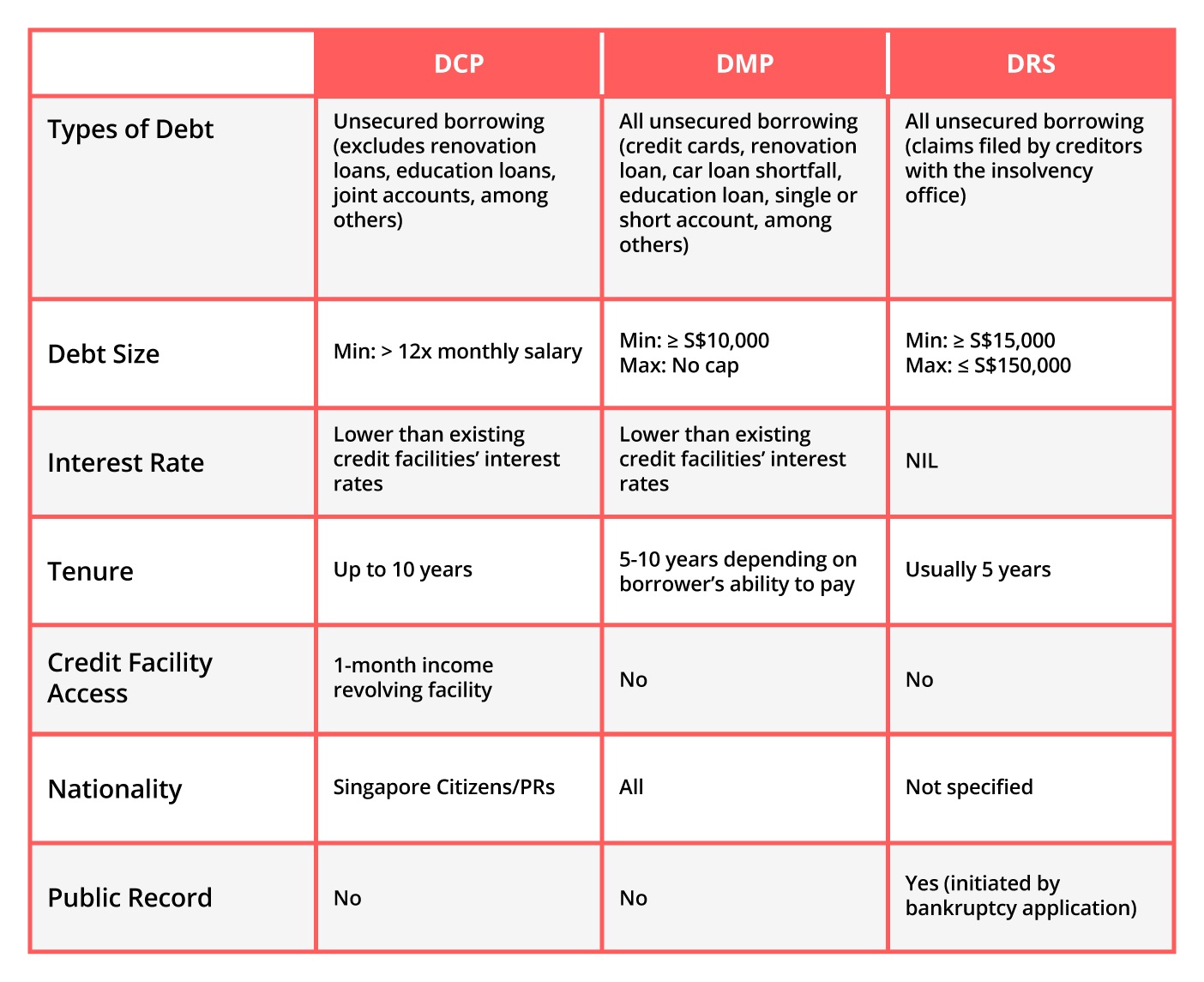Specialist Tips and Methods for Executing a Successful Debt Administration Strategy
When it comes to navigating the intricacies of debt management, having a well-balanced plan is crucial for accomplishing economic stability. Implementing professional ideas and strategies can make a substantial difference in your trip in the direction of financial debt alleviation. From examining your current economic standing to bargaining with lenders, each step plays a pivotal duty fit an effective debt administration strategy. By recognizing the details of financial debt administration and adopting proven strategies, people can lead the method for a more secure economic future.
Evaluating Your Current Financial Circumstance
Prior to getting started on a financial debt management plan, it is essential to completely evaluate your existing economic standing. Recognizing your monetary situation is the foundational step towards properly handling and lowering your financial obligation. Begin by compiling a breakdown of all your debts, including exceptional balances, rates of interest, and minimum monthly repayments. This will certainly provide a clear summary of the degree of your economic responsibilities. Furthermore, assess your earnings resources and regular monthly expenses to establish your disposable revenue offered for financial debt payment.

Establishing a Realistic Budget Plan
Comprehending your present monetary circumstance lays the groundwork for establishing a practical spending plan that straightens with your financial debt monitoring objectives and monetary abilities. When creating a budget, it's essential to accurately track your revenue, expenditures, and financial debt responsibilities. By classifying your costs, you can determine locations where you may need to cut back to release up funds for financial obligation payment.

Focusing On and Tackling Financial Obligations
To properly regain control of your funds and job towards financial security, prioritizing and tackling your debts is a crucial action in your financial obligation management plan. Recognize high-interest financial debts that are costing you the most cash and prioritize paying them off.
After identifying your high-interest debts, take into consideration making use of approaches like the financial obligation snowball or financial debt avalanche approach to pay them off systematically. The financial obligation snowball technique involves paying off the tiniest financial obligations initially, while the debt avalanche approach prioritizes financial debts with the highest possible passion rates. Pick the approach that lines up finest with your financial goals and inspires you to keep making progression.
Additionally, consider discussing with lenders for reduced rate of interest or establishing up a repayment plan if you're having a hard time to meet your existing responsibilities. Looking for help from a credit score therapist or economic see consultant can likewise offer beneficial insights and assistance on just how to effectively tackle your financial obligations - debt management plan services. By prioritizing and addressing your financial debts strategically, you can pave the means towards a debt-free future and enhanced financial wellness
Working Out With Creditors
When involving in financial debt monitoring, working out with creditors is an essential action in the direction of discovering mutually advantageous options for debt settlement. Before launching arrangements, it is important to have a clear understanding of your monetary scenario, including your income, costs, and the total amount of financial obligation owed.
:max_bytes(150000):strip_icc()/DebtRelief-TaxSCImage1-cff6f7bdca724678a200556285996221.png)
Structure Healthy Monetary Behaviors
Integrating regular budgeting practices is necessary for growing healthy financial habits. Budgeting enables people to track their income and expenses, enabling them to make enlightened decisions about their monetary priorities. Setting details monetary objectives, such as saving for emergencies or retired life, can provide a clear roadmap for managing money successfully.
An additional trick aspect of building healthy financial habits is living within one's means. This entails costs much less than what is made and avoiding unnecessary financial debt. Identifying and adopting a penny-wise mindset between requirements and wants can assist individuals make more prudent spending selections.
Consistently monitoring and assessing economic declarations credit rating reports are important habits that promote economic recognition and responsibility. By staying notified about their financial standing, individuals can recognize potential concerns early on and take positive actions to address them.
In addition, developing a cost savings practice, even with percentages, can contribute considerably to long-term monetary security. Conserving consistently not just develops an economic padding for unforeseen expenses yet also promotes a sense of discipline and obligation towards finance. By consistently practicing these behaviors, internet people can lay a strong structure for a secure economic future.
Conclusion
Finally, implementing an effective financial obligation management plan calls for a comprehensive analysis of one's financial circumstance, the advancement of a sensible spending plan, prioritizing and taking on debts, negotiating with financial institutions, and building healthy and balanced financial routines (debt management plan check my reference services). By adhering to these expert ideas and approaches, individuals can take control of their financial resources and job towards attaining financial stability and flexibility from debt
Recognizing your existing financial situation lays the foundation for establishing a realistic budget plan that aligns with your debt administration objectives and economic capabilities.To efficiently gain back control of your funds and work towards economic stability, prioritizing and tackling your financial debts is a crucial action in your financial debt administration plan.After recognizing your high-interest debts, take into consideration using techniques like the financial obligation snowball or financial obligation avalanche technique to pay them off systematically. The debt snowball method involves paying off the smallest debts initially, while the financial debt avalanche approach focuses on financial debts with the highest rate of interest rates.When engaging in financial debt management, negotiating with lenders is a vital step towards finding equally advantageous services for debt payment.
Comments on “Professional Guidance on Choosing the most effective Debt Management Plan Services for Your Requirements”